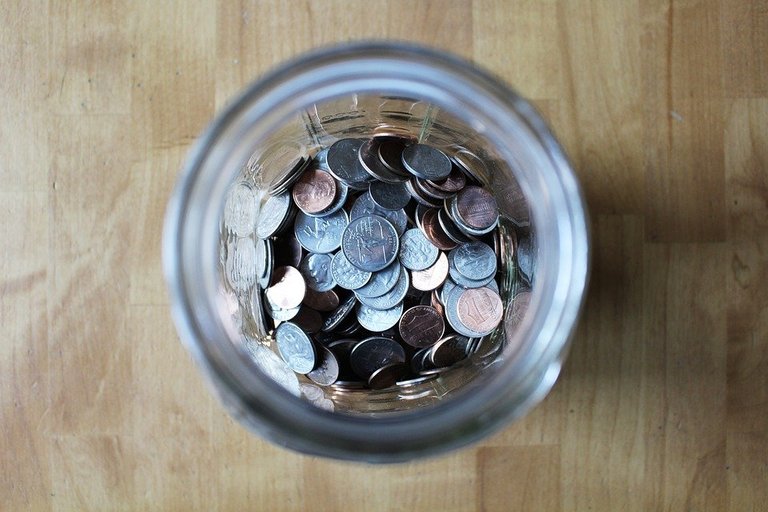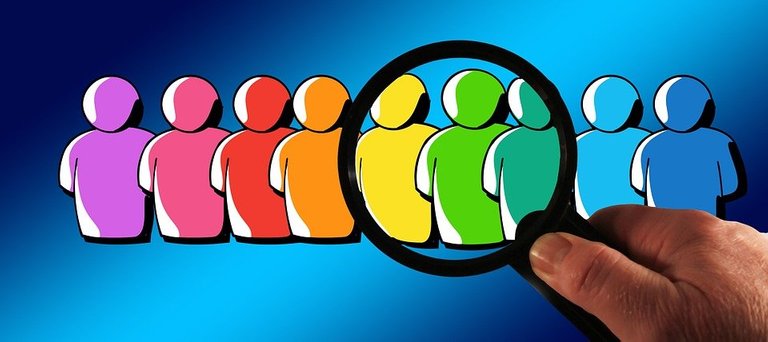One Of The Biggest Regrets: Not Investing Sooner

There are many commonly held regrets that we might struggle with later on in life. Some of the most common regrets have been failing to pursue dreams, caring too much about what others think, wasting time, wanting to have done or seen more, and regret for not saving more or investing sooner in life.
Previous research from Cornell University suggests that the most enduring regret is that which is associated with our failure to live up to our ideal self.

A variety of things might have held us back from attempting to pursue those higher goals, and researchers have pointed to the concern for what others might think as a common one.
Along with the worry over thinking that other people might notice your weakness if you go looking to improve in a certain area. They might see how bad you are at a certain task and ridicule you for it. But often you will find that other people aren't paying as close attention to your life as you might think that they are, because they have their own life going on. And sometimes people might surprise you with their attempts to help you, if they see that you're trying to get better at something that they might be able to assist you with.
You never know until you try and it's better to try, to simply get out there and start doing, rather than waiting for some random inspiration to hit you that might eventually spark that effort to grow. Researchers affirm that inspiration can come from engaging in doing and attempting the work.
"Don't wait around for inspiration, just plunge in. Waiting around for inspiration is an excuse. Inspiration arises from engaging in the activity." - Psychologist T. Gilovich

Not only is failing to reach our ideal self a common regret, but so is the regret for not having invested earlier in life.
Previous surveys have found that many adults have less than $1,000 in a savings account.
In one previous survey that included more than 5,000 adults, it was found that 36 percent reported not saving enough as their biggest regret.
In the same group, 11 percent reported that they had regret for not getting involved in investing sooner in life.
Other surveys have estimated that 1 in 4 Americans have at least one financial regret.

Struggling with regret can bring with it negative health consequences too.
This is because the regrets can trigger emotional distress, fueling biological dysregulation of the hormone and immune systems. If this occurs, researchers suggest that it might make someone more vulnerable to certain health problems.
They found a common coping mechanism to be comparison.
Just as well though, comparing yourself to others who are better off is understandably and has been known to leave many people feeling worse about their own life. Comparison when done mindfully then can be beneficial rather than detrimental.
Pics:
pixabay
This is not financial or health advice, and is posted for information purposes only

This is a really great post man :)
Truly my biggest regrets in life usually involve not living up to my potential and procrastinating on things I need to get done.
I have learned not to compare myself to others because this will only lead to disappointment and envy. Instead I strive to appreciate what I do have and what I can do with my situation.
appreciate the positive feedback✌️ hope you're having a good week, just picked up a couple more canna tokens rec too! 📈cheers 😄
I've founded the "just-do-something-principle" for myself.. :))
https://steempeak.com/life/@luegenbaron/just-do-something-principle-wihprwng
I guess it's exactly what u're talking about :)
don't let your dreams be dreams !

lol, I didnt like that meme...^^
that's unfortunate 😆✌️
Another great post my friend. As a trader/investor for about 15 years now. I consciously refrain from using those words "I should have....."
Does you no good. Everyday offers a new opportunity.
From Quito Ecuador! -Dan
I think this is also more so true for the younger generation who spend most of the pay check and don't save. No savings means no invest unless you invest all the money and save nothing. 😎
many adults are just the same, ✌️ true
Yes, I forgot American and Asian mentality is slightly different.
Americans are very credit driven but now the rest of the world is also catching on.
why pay now when you can pay later 😄💳